Dietary tips to naturally boost testosterone for male vitality & strength?
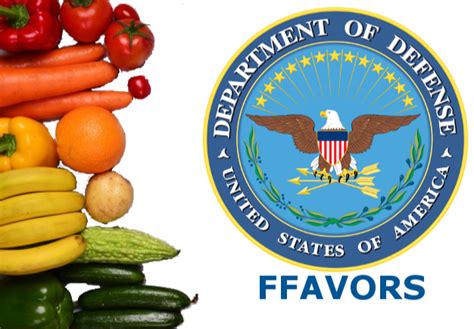
Testosterone, often hailed as the cornerstone of male vitality, plays a crucial role beyond just muscle mass and sex drive. It influences energy levels, mood, bone density, and overall well-being. While age naturally brings a gradual decline in testosterone, certain lifestyle factors, particularly diet, can significantly impact its production. The good news is that by making informed food choices, men can naturally support and optimize their testosterone levels, contributing to improved strength, vigor, and a heightened sense of vitality.
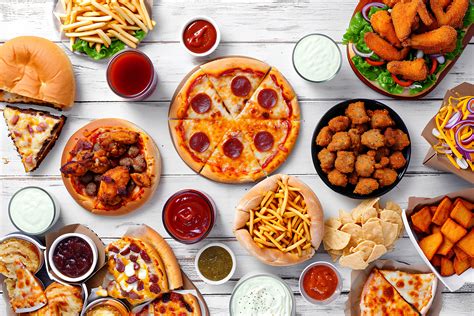
Key Nutrients for Testosterone Production
Boosting testosterone naturally begins with a nutrient-rich diet. Several vitamins and minerals are directly involved in the synthesis and regulation of this vital hormone.
Zinc: The Essential Mineral
Zinc is paramount for testosterone production. Studies have shown that even a marginal zinc deficiency can lead to a significant drop in testosterone levels. It’s also vital for immune function and cell growth. Incorporate zinc-rich foods into your daily diet:
- Oysters (the most potent source)
- Red meat (beef, lamb)
- Poultry
- Beans, nuts, and seeds (pumpkin seeds, cashews)
- Dairy products
Vitamin D: The Sunshine Hormone
Often referred to as the “sunshine vitamin,” Vitamin D is technically a hormone that plays a critical role in many bodily functions, including testosterone production. Research indicates that men with higher Vitamin D levels tend to have higher testosterone. While sunlight exposure is the primary way to get Vitamin D, you can also obtain it from:
- Fatty fish (salmon, mackerel, tuna)
- Fortified dairy products and cereals
- Egg yolks
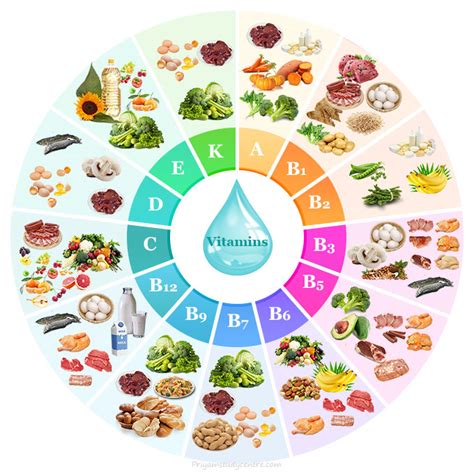
Embrace Healthy Fats
Contrary to outdated beliefs, not all fats are bad. Healthy fats are absolutely essential for hormone production, including testosterone. Your body needs cholesterol, a type of fat, to synthesize testosterone. Focus on:
- Monounsaturated Fats: Found in avocados, olive oil, and nuts (almonds, pecans).
- Polyunsaturated Fats (especially Omega-3s): Abundant in fatty fish (salmon, sardines), flaxseeds, chia seeds, and walnuts. These fats help reduce inflammation, which can indirectly support hormone balance.
Avoid excessive consumption of trans fats and highly processed vegetable oils, which can negatively impact hormone health.
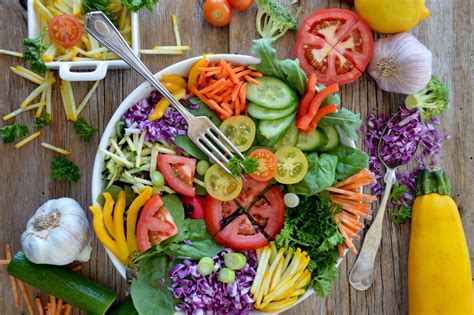
Cruciferous Vegetables for Estrogen Balance
While the focus is on boosting testosterone, it’s equally important to manage estrogen levels, as a healthy balance between the two is key for male vitality. Cruciferous vegetables contain compounds like Indole-3-Carbinol (I3C) and Diindolylmethane (DIM) which help the body metabolize and excrete excess estrogen.
- Broccoli
- Cauliflower
- Brussels sprouts
- Cabbage
Aim for several servings of these powerful vegetables each week.
Foods to Limit or Avoid
Just as some foods boost testosterone, others can hinder its production. Limiting or avoiding these can be just as impactful:
- Sugar and Refined Carbs: High sugar intake can lead to insulin resistance and increased fat storage, both of which are linked to lower testosterone.
- Alcohol: Excessive alcohol consumption can directly impact testicular function and liver health, both crucial for testosterone synthesis.
- Processed Foods: Often high in unhealthy fats, sugars, and sodium, processed foods contribute to inflammation and overall poor health, detrimental to hormone balance.
- Soy Products (in excess): While moderate intake is generally fine, some studies suggest that very high consumption of soy products, due to their phytoestrogen content, might have a negative impact on testosterone levels in some men.
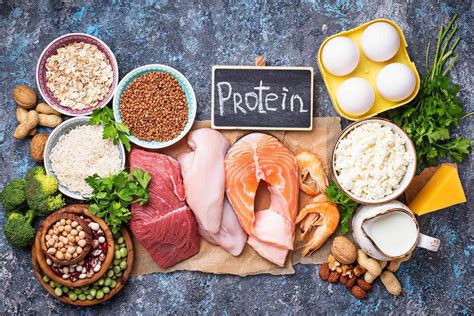
Optimal Protein Intake
Adequate protein intake is fundamental for overall health, muscle maintenance, and recovery, which indirectly supports testosterone levels. While protein doesn’t directly boost testosterone, it’s crucial for a healthy physique that promotes hormone balance. Focus on lean protein sources:
- Lean meats
- Fish
- Eggs
- Legumes
- Whey protein (if supplementing)
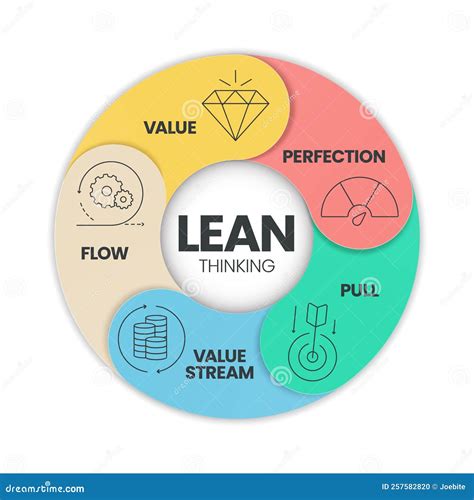
Beyond Diet: A Holistic Approach
While diet is a cornerstone, remember that testosterone optimization is multifaceted. Ensure you’re also:
- Getting sufficient quality sleep (7-9 hours per night)
- Engaging in regular strength training and high-intensity interval training (HIIT)
- Managing stress effectively
- Maintaining a healthy body weight
Conclusion
Harnessing the power of nutrition is a potent and natural way to support healthy testosterone levels. By focusing on zinc, Vitamin D, healthy fats, and estrogen-balancing vegetables, while limiting detrimental foods, men can significantly enhance their vitality, strength, and overall well-being. Consistency and a holistic approach, integrating diet with exercise, sleep, and stress management, will yield the best and most sustainable results on your journey to optimal male health.









